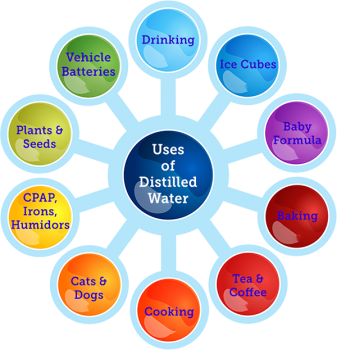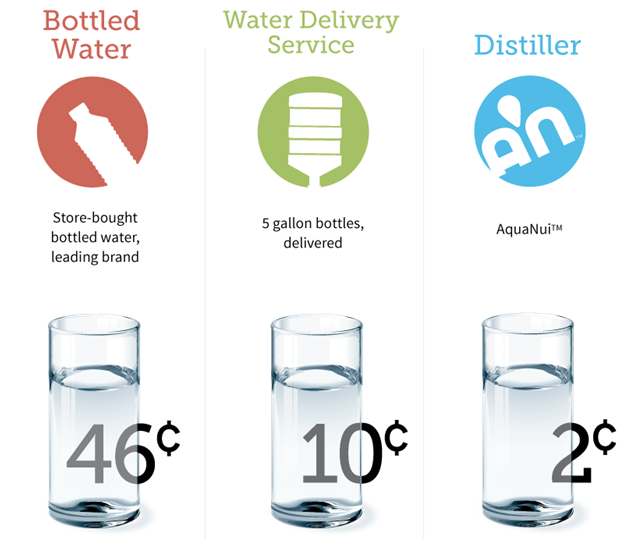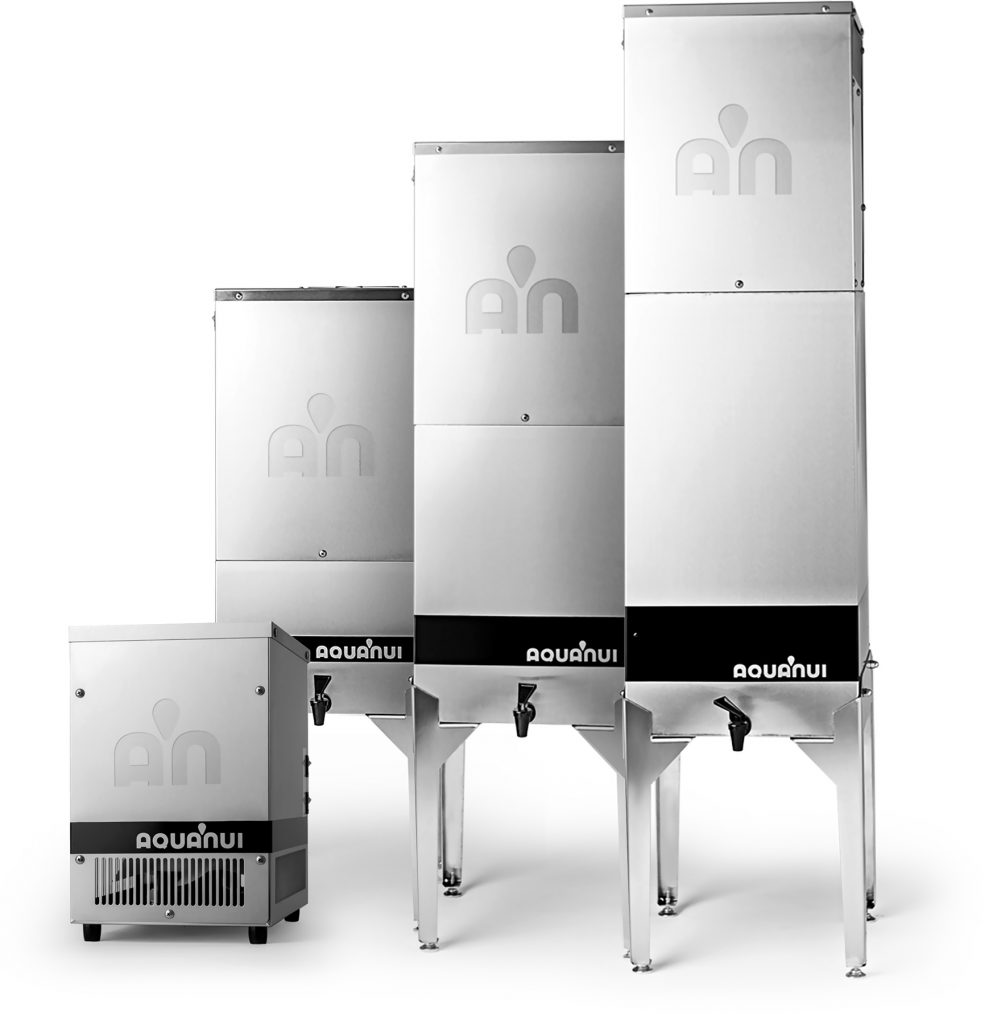The Benefits of Making Your Own Vapor Distilled Water
Owning a home water distiller offers a range of benefits, from ensuring the purity of the water you drink to reducing your environmental footprint. Distilled water is one of the purest forms of water available. The distillation process involves boiling water to create steam, which is then condensed back into a liquid form, leaving behind most impurities such as heavy metals, unwanted minerals, and chemicals. This process ensures that the water you drink is free from contaminants that can negatively impact your health. Distilled water is particularly beneficial for individuals with compromised immune systems, as it minimizes exposure to pathogens and pollutants.
Moreover, distilled water is free from chlorine and fluoride, which are commonly added to municipal water supplies. While these chemicals play a role in preventing waterborne diseases, there is ongoing debate about their long-term health effects. By using distilled water, you can avoid these additives, ensuring that your drinking water is as clean and pure as possible.
The Uses of Distilled Water Besides Drinking
While distilled water is most commonly associated with drinking, its uses extend far beyond the kitchen. In fact, its purity makes it ideal for a variety of applications around the home. For instance, distilled water is perfect for use in humidifiers, as it prevents the buildup of mineral deposits that can clog the machine and reduce its efficiency. This not only prolongs the life of your humidifier but also ensures that the air you breathe is free from potential contaminants.
Distilled water is also ideal for use in household appliances such as steam irons and coffee makers. Tap water often contains minerals that can accumulate in these devices, leading to scale buildup and reduced performance. Using distilled water helps to prevent this, ensuring that your appliances function optimally for longer periods.
For those who are health-conscious, distilled water is also recommended for use in cosmetic applications. It can be used to dilute facial cleansers, prepare homemade beauty products, and rinse hair, leaving it soft and free from the residue that hard water can leave behind.

Distilled Water vs. Pitcher Filters or Reverse Osmosis
When it comes to water purification, there are several methods available, including pitcher filters and reverse osmosis systems. However, some methods has its own set of limitations. Pitcher filters, for instance, typically use activated carbon to remove some contaminants, but they are not effective against all types of impurities. They may reduce chlorine and improve taste, but they do not remove heavy metals, bacteria, or viruses.
Reverse osmosis systems are more effective than pitcher filters, as they can remove a broader range of contaminants, including heavy metals and some chemicals. However, they can produce a significant amount of wastewater in the process. Additionally, reverse osmosis systems often require regular maintenance and filter replacements, which can add to the overall cost.
In contrast, water distillers provide a more comprehensive solution. They remove nearly all impurities from water, including those that are difficult to eliminate through other methods. Additionally, water distillers do not produce wastewater, making them a more environmentally friendly option. While the initial cost of a water distiller may be higher than that of a pitcher filter, the long-term benefits in terms of water quality and reduced maintenance make it a worthwhile investment.
The Cost of Making Distilled Water
One of the considerations when deciding whether to purchase a home water distiller is the cost of producing distilled water. While the initial investment in a distiller can range from a few hundred to over a thousand dollars, the cost of operation is relatively low. Most home water distillers consume about 0.25 kWh of electricity per gallon of water produced, which translates to approximately $0.02 to $0.05 per gallon, depending on local electricity rates.
When compared to the cost of purchasing bottled water, which can range from $0.50 to $3.00 per gallon, making your own distilled water at home is significantly more economical in the long run. Additionally, by producing your own distilled water, you eliminate the need for constant trips to the store and reduce your dependence on single-use plastic bottles. The environment will thank you!

Reduce Plastic Waste
Plastic waste is a growing environmental concern, with millions of tons of plastic ending up in landfills and oceans every year. Single-use plastic water bottles are a major contributor to this problem. In the United States alone, over 60 million plastic water bottles are discarded daily, with only a small percentage being recycled. The rest end up in landfills, where they take hundreds of years to decompose, or in the ocean, where they contribute to the growing problem of marine pollution. By owning a home water distiller, you can significantly reduce your plastic waste.
Buying a Home Water Distiller
When purchasing a home water distiller, it’s important to look for quality and durability. A good distiller should be made from high-quality materials, such as stainless steel, which is resistant to rust and corrosion. It’s also a good idea to choose a distiller that is made in the USA, as this ensures that the product meets high manufacturing standards and supports local businesses.
Additionally, look for a water distiller that comes with a warranty. This provides peace of mind, knowing that the manufacturer stands behind their product. A warranty is also an indicator of the distiller’s durability and the company’s confidence in its longevity.
An AquaNui Home Water Distiller Will Pay for Itself
Owning a home water distiller offers numerous benefits, from ensuring the purity of your drinking water to reducing your environmental impact. While the initial cost may be higher than other water filtration methods, the long-term benefits make it a worthwhile investment. By choosing a high-quality, durable distiller, you can enjoy the convenience of having pure, distilled water at your fingertips, all while contributing to a healthier planet.

